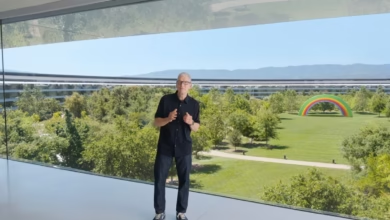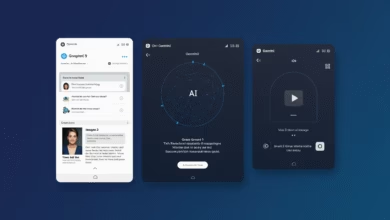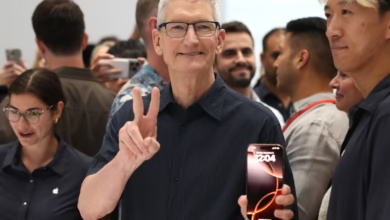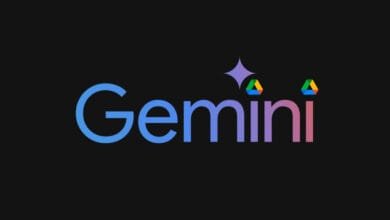Google I/O 2025: Key Announcements & Highlights

▼ Summary
– Google I/O 2025 announced Gemini Ultra, a premium AI subscription ($249.99/month) offering advanced tools like Veo 3, Flow, and Gemini 2.5 Pro Deep Think mode.
– Gemini 2.5 Pro’s Deep Think mode enhances reasoning by evaluating multiple answers before responding, currently available to trusted testers.
– Veo 3 and Imagen 4 were introduced as upgraded AI models for video and image generation, with Veo 3 adding sound effects and Imagen 4 improving speed and detail.
– Project Mariner and Project Astra were highlighted as experimental AI agents, with Mariner handling multi-task web interactions and Astra enabling real-time multimodal AI experiences.
– Android updates included Wear OS 6, Play Store enhancements, and AI-powered tools in Android Studio like crash insights powered by Gemini.
Google’s 2025 developer conference unveiled groundbreaking AI advancements, productivity tools, and platform upgrades that redefine digital experiences. The two-day event at Mountain View’s Shoreline Amphitheatre showcased innovations across Android, Chrome, Gemini AI, and creative tools, demonstrating Google’s continued push into artificial intelligence integration.
The premium Gemini Ultra subscription emerged as a standout announcement, bundling advanced AI capabilities with creative and productivity tools for $249.99 monthly. This tier includes exclusive access to the Veo 3 video generator, capable of producing footage with synchronized sound effects and dialogue, alongside the experimental Deep Think mode in Gemini 2.5 Pro that enhances reasoning through multi-answer evaluation before responding.
Creative professionals gained powerful new instruments with Imagen 4, the latest image generator boasting tenfold speed improvements over its predecessor while maintaining exceptional detail in textures like fabric and water. Both Imagen 4 and Veo 3 will fuel Flow, Google’s upcoming AI-powered filmmaking assistant.
Developers received significant upgrades including Stitch, an AI interface designer that generates functional UI code from simple prompts, and expanded access to Jules, the coding assistant that troubleshoots complex programming issues. Project Mariner evolved into a practical web-navigating agent that can complete tasks like ticket purchases without direct user interaction.
Wear OS 6 introduced visual refinements with unified fonts and dynamic theming, while Android Studio gained AI-powered crash diagnostics through Gemini integration. The Play Store rolled out enhanced discovery features including audio previews and topic-based browsing to connect users with specialized content.
Communication tools saw substantial upgrades with Beam (formerly Starline) delivering lifelike 3D telepresence through advanced camera arrays and AI processing. Google Meet will soon incorporate real-time speech translation that preserves vocal characteristics, while Gemini Live expands its conversational abilities with camera and screen sharing capabilities.
NotebookLM enhanced its research capabilities with video overviews and document uploads, complemented by SynthID Detector for identifying AI-generated content. Workspace applications like Gmail and Docs will soon feature smarter automation including context-aware replies and content organization.
The event highlighted Google’s strategy of embedding AI across its ecosystem, from creative tools to developer platforms, while maintaining focus on practical applications that streamline workflows and enhance digital interactions. These innovations position Google’s services at the forefront of the evolving AI landscape while addressing real-world user needs across multiple domains.
(Source: TechCrunch)






